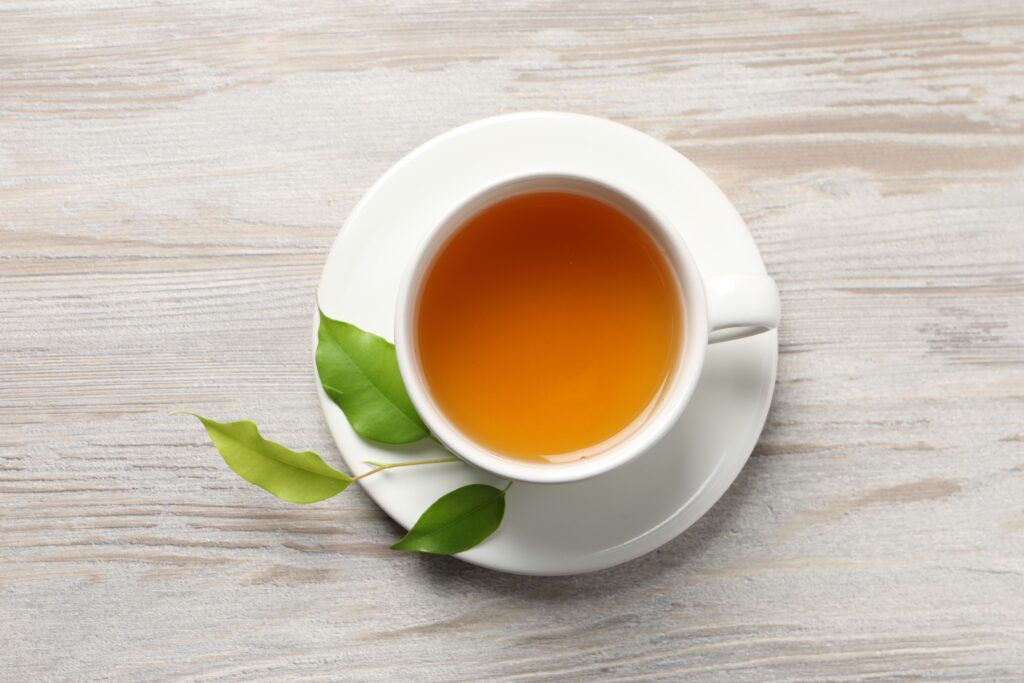A new study has found that tea can act as a natural filter for heavy metals in drinking water. The research, published in ACS Food Science & Technology, shows that different types of tea leaves absorb harmful metals, making water safer to drink.
Tea Leaves Absorb Lead and Other Metals
Scientists in the United States tested various tea types, including green, black, oolong, white, chamomile, and rooibos. They brewed the teas in water contaminated with heavy metals at 85°C. The results showed that tea leaves absorbed a significant amount of harmful substances like lead, chromium, copper, zinc, and cadmium.
- Up to 15% of lead was removed from the water after a typical brewing process.
- Black tea performed slightly better than other varieties in filtering out metals.
- Grinding the leaves increased absorption due to a larger surface area.
Longer Brewing Time Enhances Filtration
The study also revealed that the amount of heavy metals removed depended on how long the tea steeped. Longer brewing times allowed more metals to be absorbed, with overnight steeping showing the best results. This suggests that a simple adjustment to brewing habits could help lower metal levels in drinking water.
Effectiveness of Tea Bags Varies
Another finding was that the material of the tea bag affected metal removal:
- Cellulose tea bags (made from wood pulp) were the most effective in trapping metals.
- Cotton and nylon tea bags showed little effect.
This means that people who use loose tea leaves or cellulose-based tea bags may get the best filtering benefits.
Health Impact of Heavy Metals
Heavy metal exposure can lead to serious health issues. Lead, for example, is linked to kidney damage, heart disease, and brain disorders. Chromium and cadmium are known to cause cancer over long-term exposure. Copper and zinc, while necessary in small amounts, can be harmful in excess.
The World Health Organization (WHO) and other agencies warn against long-term exposure to heavy metals in drinking water. High levels of lead, in particular, have been found in some water supplies, causing concern for public health.
A Simple and Natural Solution
Tea is the world’s most popular drink after water. In 2022, people consumed around 6.5 million tonnes of tea. This study suggests that regular tea consumption could provide an easy and natural way to help reduce heavy metal intake.
“People don’t need to do anything extra,” said Benjamin Shindel, the study’s lead author. “Just brew your tea, and it naturally removes metals from the water.”
This discovery adds to tea’s well-known health benefits. Tea is already linked to better heart health, lower stress levels, and improved brain function. Now, it could also serve as a simple way to reduce exposure to harmful substances in water.
Global Impact and Future Research
In many countries, water contamination is a major issue. Lead pollution in drinking water has caused health crises, including the Flint, Michigan water crisis in 2014. In that case, thousands of people were exposed to dangerous levels of lead, leading to serious health problems, especially in children.
If more people start drinking tea daily, they could reduce their risk of heavy metal-related illnesses over time. Future studies may explore ways to enhance tea’s filtering properties, making it an even more effective solution.
For more updates on this and other health discoveries, visit Euro News 24.
